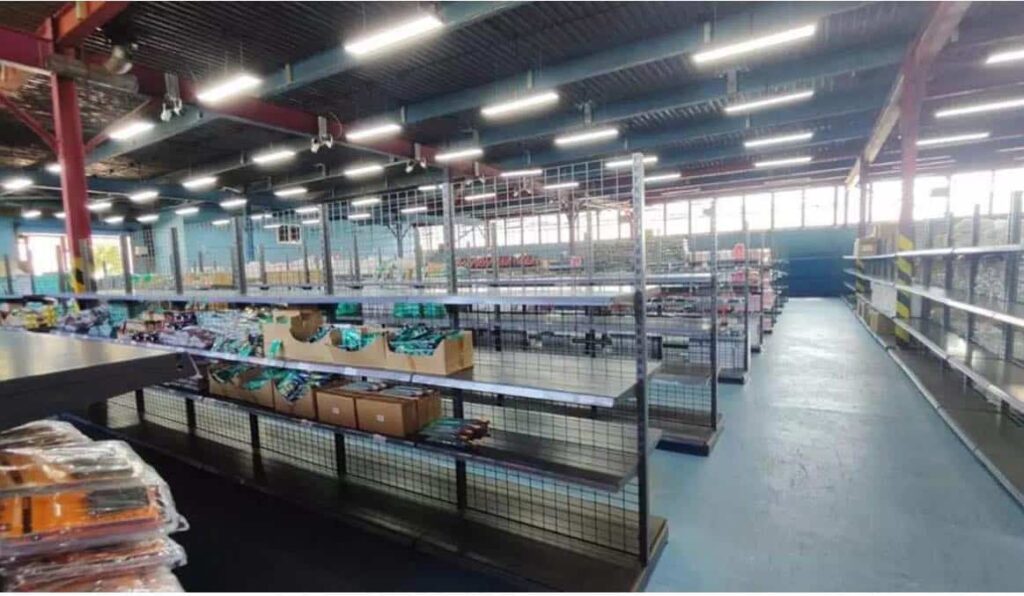
Employees said there had been a theft in the warehouse, and they were awaiting an audit, which is why they could no longer provide services.
By Francisco Acevedo
HAVANA TIMES – Nothing has been more viral in Cuba these days than the unexpected closure of a Chinese wholesale store in Havana under rather strange circumstances.
One might think this is a local or isolated case, but it is not. It reflects the chaotic way things work in this country. Let’s get into the details.
To start, it’s important to clarify that this is not the first Chinese store that opened in Havana in recent months. In December, GD-Mart was inaugurated, a joint venture between the local Tiendas Caribe and the Chinese company Guangdong Stationery & Sporting Goods, Corp. However, online payments were only accepted from abroad.
There is also the newly established Dofimall, mainly focused on importing from abroad, with an inventory of industrial and agricultural equipment and machinery, as well as automotive, hardware, furniture, textiles, leather, and other products made in China. In neither of these cases are these stores really intended for the average Cuban consumer.
Returning to the controversial store, called “China Import,” it is located at the intersection of Manglar and Oquendo streets in the Cerro municipality of the capital and belongs to the Chinese chain Nihao53.

The warehouse, very close to the iconic Cuatro Caminos Market (the one from the famous stampede when it opened in 2019, remember?), sold wholesale products at quite competitive prices compared to the offers from other companies and businesses, but with a somewhat particular policy, not typical in Cuba.
The final purchase had to exceed $50, which, with the fluctuating exchange rate of around 320 pesos per dollar, amounts to 16,000 pesos—a figure already prohibitive for most of the Cuban population. But it wasn’t as if you could buy whatever you wanted, since the products had a minimum quantity predetermined by the owners, w


